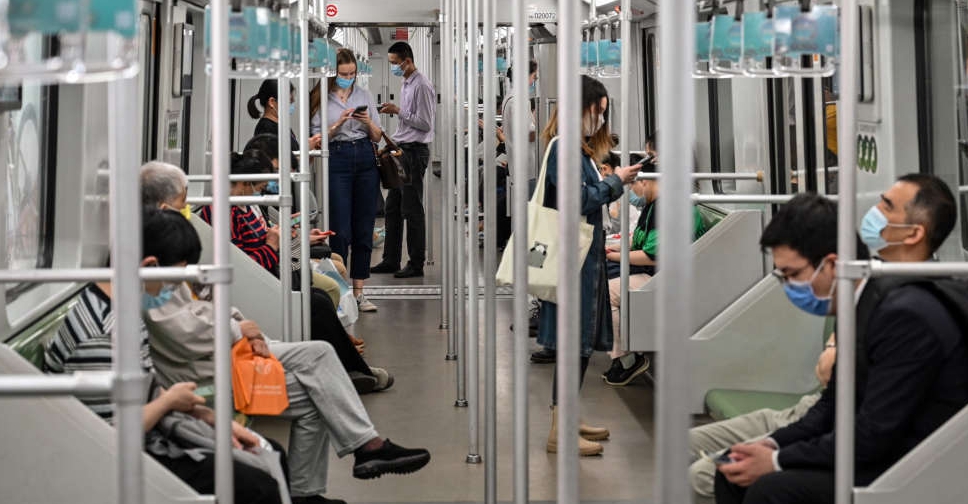
Shanghai sprung back to life on Wednesday after two months of bitter isolation under a ruthless COVID-19 lockdown, with shops reopening and people going back to offices, parks and markets, hoping to never go through a similar ordeal again.
For many of the 25 million residents finally able to experience the outdoor world again in China's largest and most cosmopolitan city, street life looked like a flashback from a distant memory.
Cars were back on the roads, while commuters hopped on trains and buses again. Joggers, skaters and dog walkers defied the muggy heat to roam through riverfront parks.
There was the joy of reuniting with close ones, the relief at being able to shop for anything, but also the wariness of another potential outbreak as people licked their wounds after a sustained period of frustration, stress and economic loss.
Shanghai's lockdown was the result of China's "zero COVID" strategy of eradicating outbreaks at just about any cost as the country went against the global consensus that co-existence with the virus was inevitable.
The fear that COVID - and with it, strict restrictions on social life - can return was visible. Police and clerks at public-facing desks were wearing full hazmat suits. Many commuters wore gloves and face shields. All wore masks.
There were also long queues at PCR testing sites, with residents needing recent negative results to take public transport and enter various buildings, and many queued at vaccination centres.
Cafes like Starbucks reopened but restaurant dining remains largely banned, shops can operate at only 75 per cent capacity and gyms will reopen later.
While people went to the malls again, they mostly restricted themselves to small pleasures such as bubble tea, avoiding flashy expenses.
TOUGH RECOVERY
Businesses were also having mixed feelings about their outlook after the lockdown, which battered Shanghai's manufacturing and export sectors, disrupted supply chains in China and around the world and slowed international trade.
Factory activity in the world's second-largest economy shrank less sharply in May as some production resumed, but it was still the second-sharpest monthly slump since February 2020, in the initial stages of the COVID pandemic.
Many analysts expect the economy to contract in the second quarter, and say the recovery will be a grinding process heavily dependent on COVID developments, with consumers and businesses unlikely to regain confidence immediately.

 UK inquiry finds 'chilling' cover-up of infected blood scandal
UK inquiry finds 'chilling' cover-up of infected blood scandal
 Iranian President Raisi killed in helicopter accident, state media says
Iranian President Raisi killed in helicopter accident, state media says
 ICC prosecutor seeks arrest warrants for Israeli, Hamas leaders
ICC prosecutor seeks arrest warrants for Israeli, Hamas leaders
 Assange given permission to appeal against US extradition
Assange given permission to appeal against US extradition
 Israel intends to broaden Rafah sweep, Defence Minister tells US
Israel intends to broaden Rafah sweep, Defence Minister tells US




